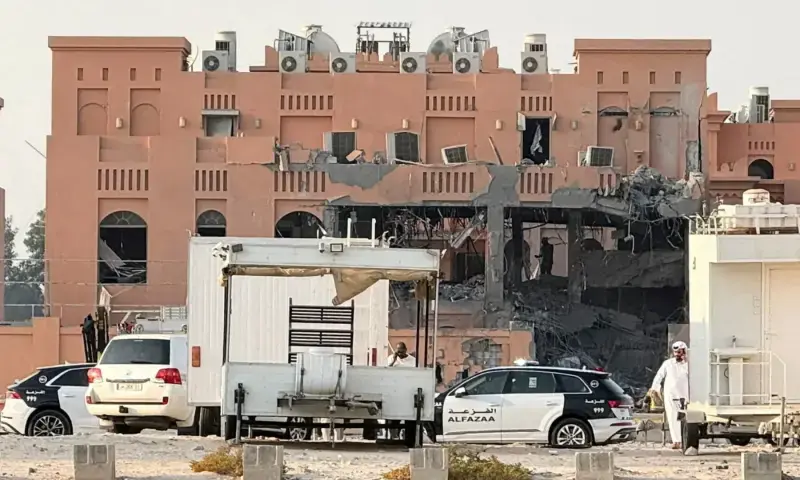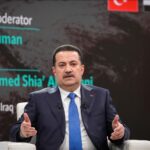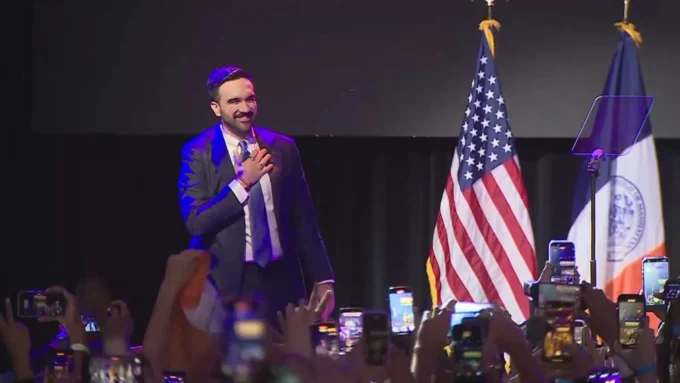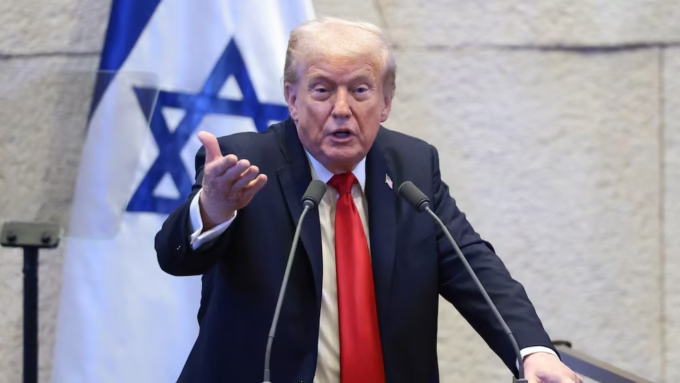The Israeli airstrikes on Doha mark not just a dangerous escalation in the Gaza war but also a profound rupture in the credibility of the United States across the Gulf region. For decades, Washington has projected itself as a security guarantor and mediator, balancing its strategic ties with Israel against its partnerships with key Arab states. But by either tacitly approving or failing to prevent Israeli strikes inside Qatar, a U.S. ally hosting the largest American air base in the Middle East, Washington has signaled to Gulf leaders that its commitments are conditional, selective, and expendable.
For Gulf states, this moment raises urgent questions: If Israel can target Hamas negotiators in the heart of Doha without facing consequences, what stops future violations of sovereignty in Riyadh, Abu Dhabi, or Muscat? The airstrikes have shattered the assumption that American presence alone is enough to deter Israeli adventurism or guarantee regional stability. Instead, the U.S. now appears unable, or unwilling, to restrain Israel, even when such actions undermine its broader alliances.
Qatar’s immediate response has been to rally support through the Arab-Islamic summit, projecting defiance and solidarity. But the wider Gulf calculus is more complex. Saudi Arabia, the UAE, and Oman face a strategic dilemma: whether to double down on U.S. security ties despite declining trust, or to hedge by deepening defense and economic partnerships with China, Russia, and regional players like Turkey and Iran.
The Israeli strikes in Doha may well be remembered as a turning point. They have not only emboldened Israel to act unilaterally but also pushed Gulf capitals to rethink the costs of alignment with Washington. If U.S. credibility continues to erode, Gulf states could accelerate efforts toward a post-American security architecture — one that might prioritize regional military pacts, greater reliance on non-Western powers, and a recalibration of normalization with Israel itself.
For now, the Gulf is watching Washington’s next move. The question is whether the U.S. still has the political will or the leverage — to restore trust, or whether the Israeli strikes on Doha mark the beginning of a historic shift in the region’s geopolitical order.














Leave a comment